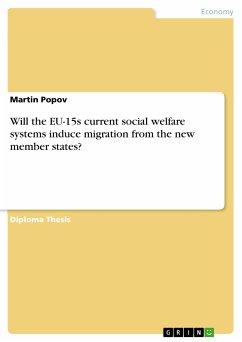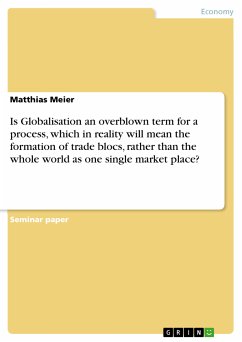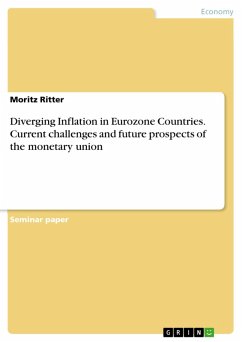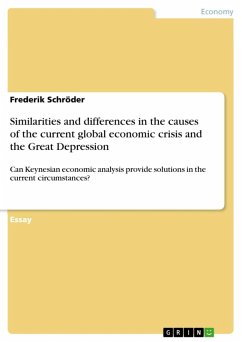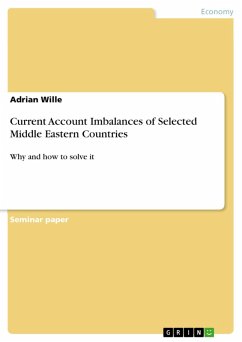Diploma Thesis from the year 2005 in the subject Economics - Case Scenarios, grade: 1,0, University of Heidelberg (Alfred-Weber-Institut), language: English, abstract: 2004 was a momentous year for the European Union (EU). On 1 May the most recent act of Enlargement was finally fulfilled. Ten New Member States from Central and Eastern Europe joined the club and their residents officially became European citizens. The moment was all the more special for eight of the ten newcomers, as they were ruled with an iron fist behind the Iron Curtain for more than forty years. The accession represented the ultimate accolade for their arduous transition from central planned to market economies. The long history of an expanding united Europe thereby reached another peak - regarding cultural integrity, political influence and economic potency. Europhiles praised (lauded, acclaimed???) the EU's greatest achievement so far. On the other hand, the EU Enlargement also encountered various feelings of skepticism or even disapproval throughout the population of Western Europe. Many people feared that "fortress Europe" would not hold and the walls of the Western social welfare states would be toppled (breached???) by millions of poor immigrants willing to work for extremely low wages and trying to maraud (infiltrate???) the Western welfare systems. Others were anxious that the Enlargement would induce a massive increase in FDI leading to an outsourcing of Western jobs into the East. Obviously the clash of two completely contrary positions raises multiple questions. Who is right? How many migrants can be expected to come, once the free movement of workers has been granted to them? How does the EU Enlargement really affect the Western economies and their labor markets in particular? Is there a threat of "welfare shopping" and, if there is any, what measures can the Western countries take in order to protect themselves from the Eastern menace? In this paper I will deal with these questions by first looking at the theoretical backgrounds and then seeking to support them with empirical findings in order to deduce some answers. In Chapter 2, after a brief overview of the main migration theories, I will examine the migration potential from the New Member States. Chapter 3 aims to provide a deeper insight into the economic and fiscal impact of immigrants on the German state. Chapter 4 deals with the "welfare magnets" hypothesis and provides an answer to the question whether immigrants really pose a threat to the Western welfare states. [...]
Dieser Download kann aus rechtlichen Gründen nur mit Rechnungsadresse in A, B, BG, CY, CZ, D, DK, EW, E, FIN, F, GR, HR, H, IRL, I, LT, L, LR, M, NL, PL, P, R, S, SLO, SK ausgeliefert werden.

